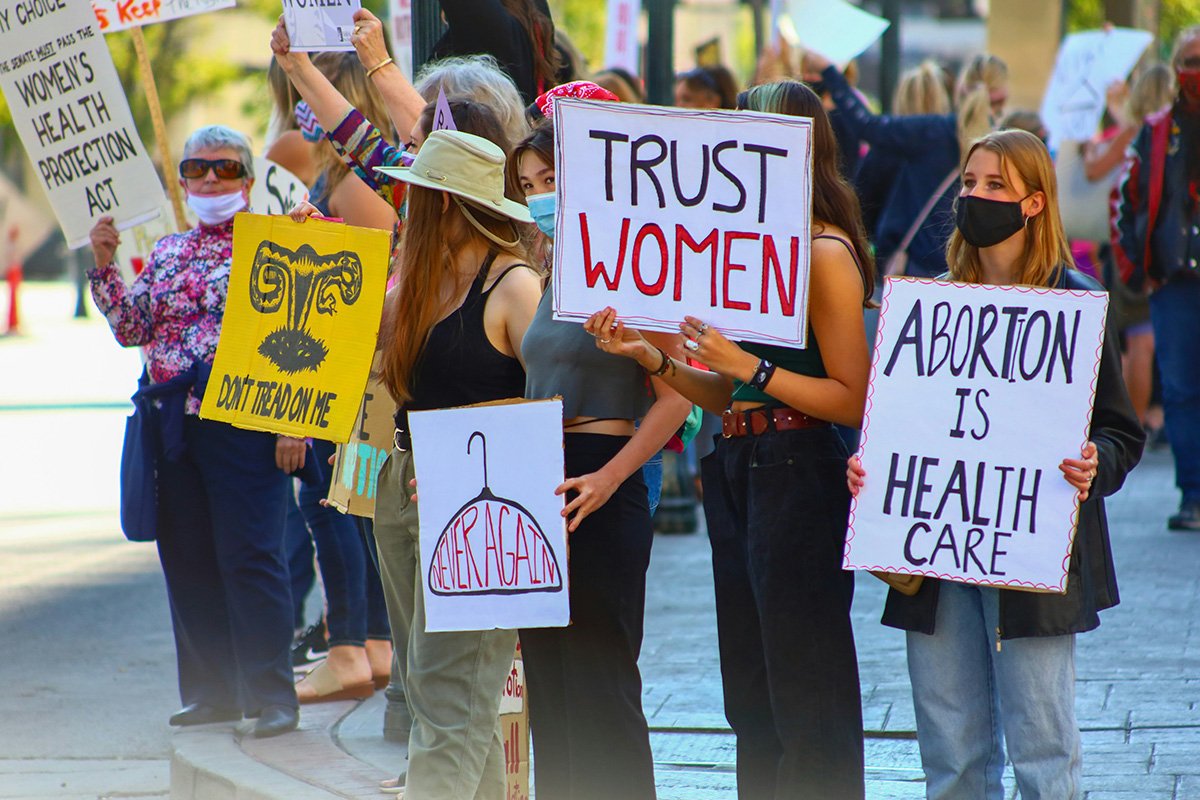January 7, 2015; MLive
NPQ has for some time been covering the scandal of the national backlog of untested rape kits. As you may remember, this past November, the Manhattan district attorney in New York City pledged $35 million to address the issue nationwide, but more is needed, and quickly. Not only does the backlog stand in the way of those prosecutions to which they are directly attached, but the rapists connected to some of those cases will, if not stopped, go on to rape others.
Government apparently has still not made this a moral or public safety priority, so many philanthropic dollars are being raised to address the issue. Among those doing so is the Michigan Women’s Foundation, which has declared this a priority for them and announced it will raise $10 million to ensure that every one of the 11,303 untested kits found in 2009 in a Detroit Police Department evidence room is processed. This is expected to take five years.
Sign up for our free newsletters
Subscribe to NPQ's newsletters to have our top stories delivered directly to your inbox.
By signing up, you agree to our privacy policy and terms of use, and to receive messages from NPQ and our partners.
The project goes by the name of Enough Sexual Assault In Detroit, or Enough SAID.
According to the website, “The campaign to raise the funds remaining will enlist everyone from decision makers at major corporations who are able to make substantial contributions, to private citizens who fulfill their role by funding the testing of one kit, to those who make more modest gifts in response to grass roots and social media efforts.”
The fundraising will be handled by the Michigan Women’s Foundation, which will then grant 100 percent of the funds to the Detroit Crime Commission to administer the process. No funding will go directly to the Wayne County Prosecutor’s Office.
To date, approximately one third of the original 11,303 Detroit kits have been tested. The DNA begins an investigation process, and from those approximately 3,750 kits, 188 suspected serial rapists have already been identified, meaning their DNA was collected by multiple kits, some of which were decades old. The Michigan Women’s Foundation says that the testing of the rape kits could yield up to 3,000 prosecutions.—Ruth McCambridge












